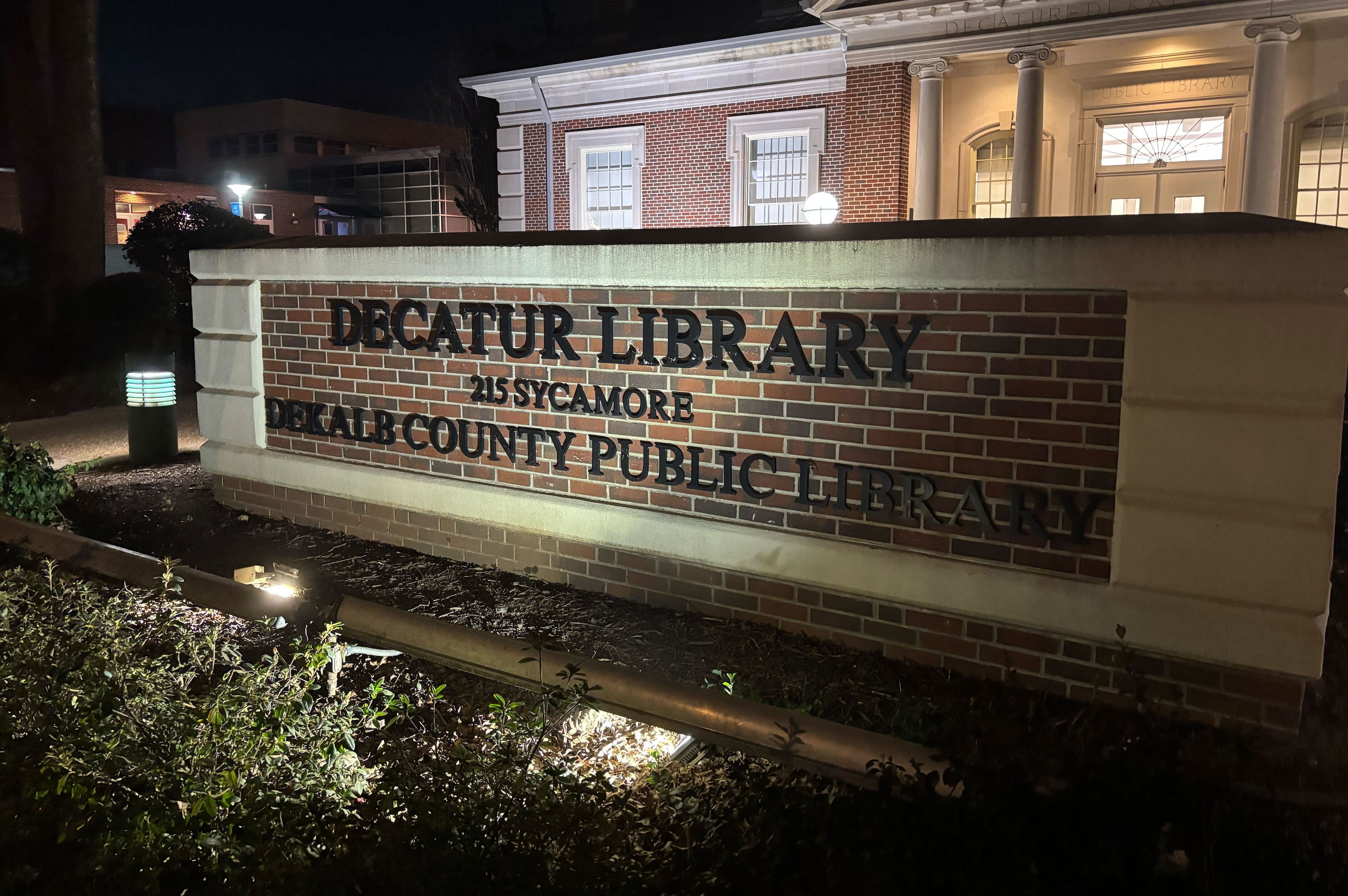Atlanta City Council OKs funding for new affordable housing grant programs

The city of Atlanta is using its affordable housing trust fund to support two new grant programs designed to support developers.
On Monday, the Atlanta City Council passed legislation authorizing the execution of a five-year agreement with Invest Atlanta – the city’s economic development arm – to manage the $4.5 million programs.
Joshua Humphries, director of Atlanta’s Office of Housing & Community Development, said the $4 million will provide “missing middle grants” to organizations struggling to cover costs associated with the construction and underwriting of buildings with less than 50 units but more than 1 unit.
The remaining $500,000 will fund a microgrant program for Atlanta’s Faith-Based Development Initiative (FBDI), which is an effort to create 2,000 affordable units on church-owned land. Humphries said the city will give up to $25,000 to initiative participants that need to commission appraisals, title work and other measures required to determine if development is a viable option for their land.
City leaders revealed in February that Enterprise Community Partners, a national nonprofit that creates affordable homes, is using a $1.3 million grant from Wells Fargo to help 15 faith-based organizations build on land owned by places of worship. Meaghan Vlkovic, Enterprise’s vice president and Southeast market leader, said at the time that they want to build units for renters with incomes below 80% of the area median income, which is $69,440 for a family of three.
The initiative falls within Mayor Andre Dickens’ plan to create or preserve 20,000 affordable homes by 2030. Last month, the city announced that Atlanta First United Methodist Church was picked as the first participant in the initiative.



